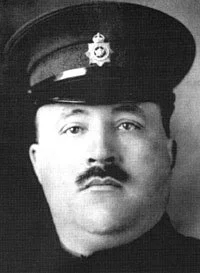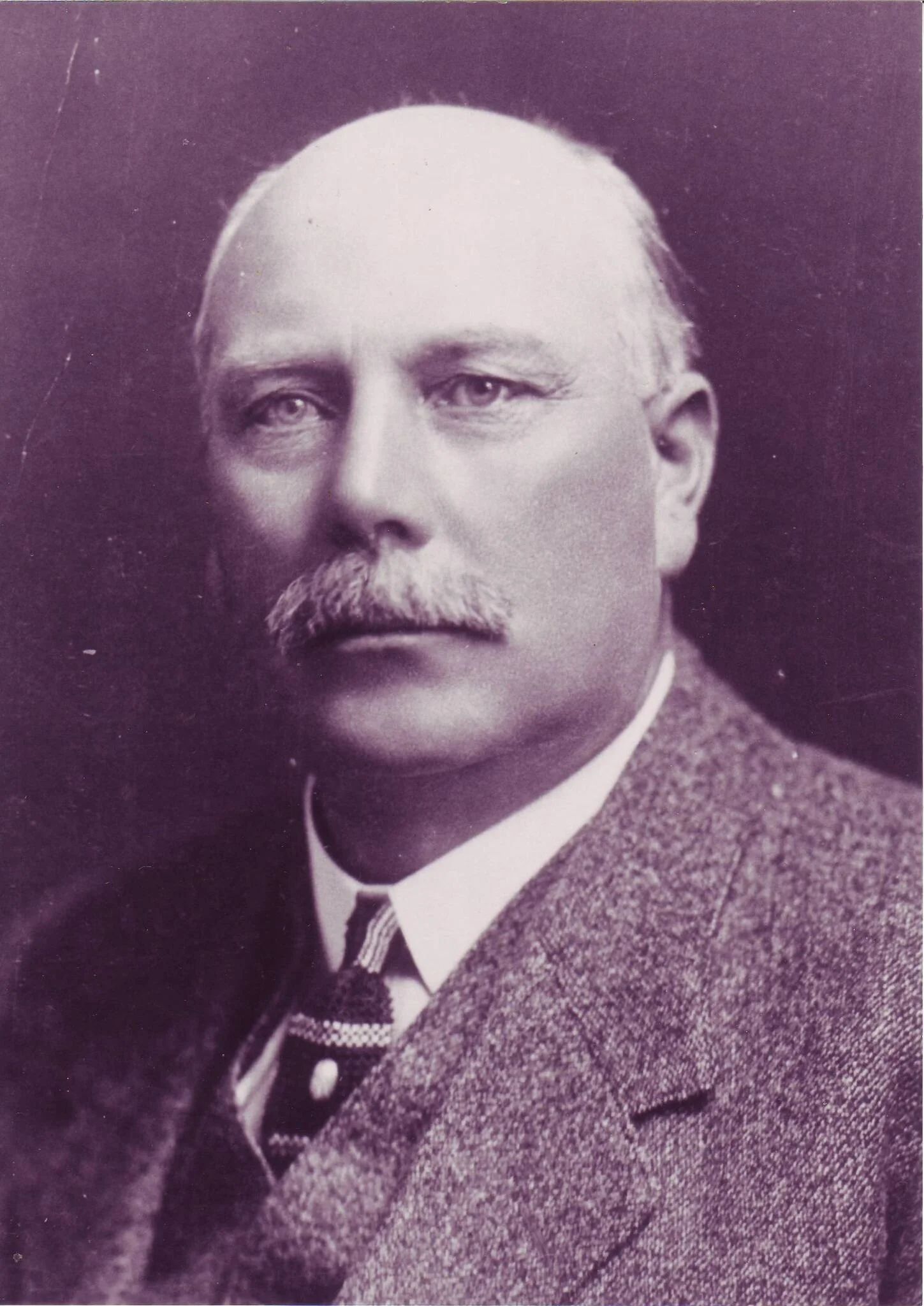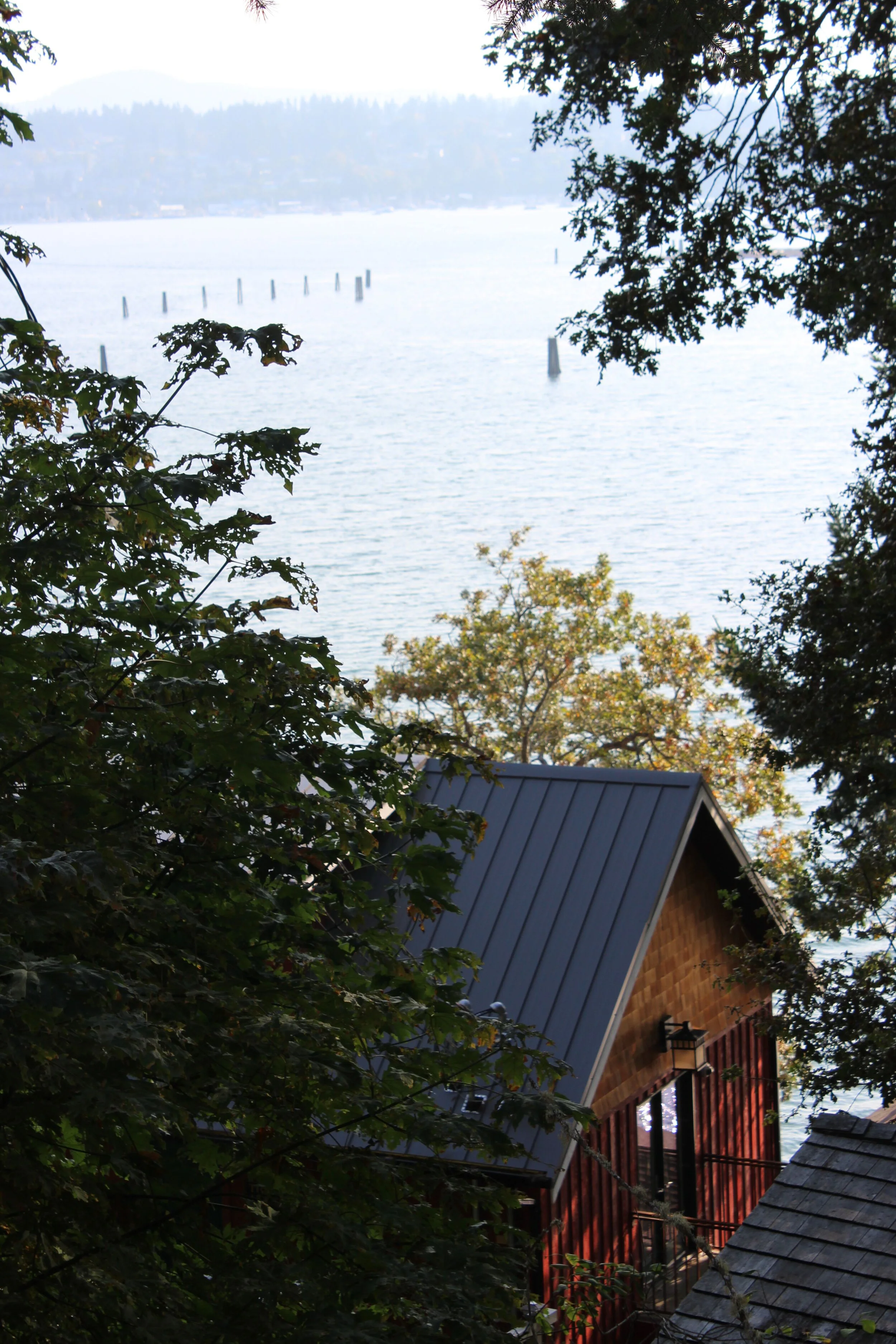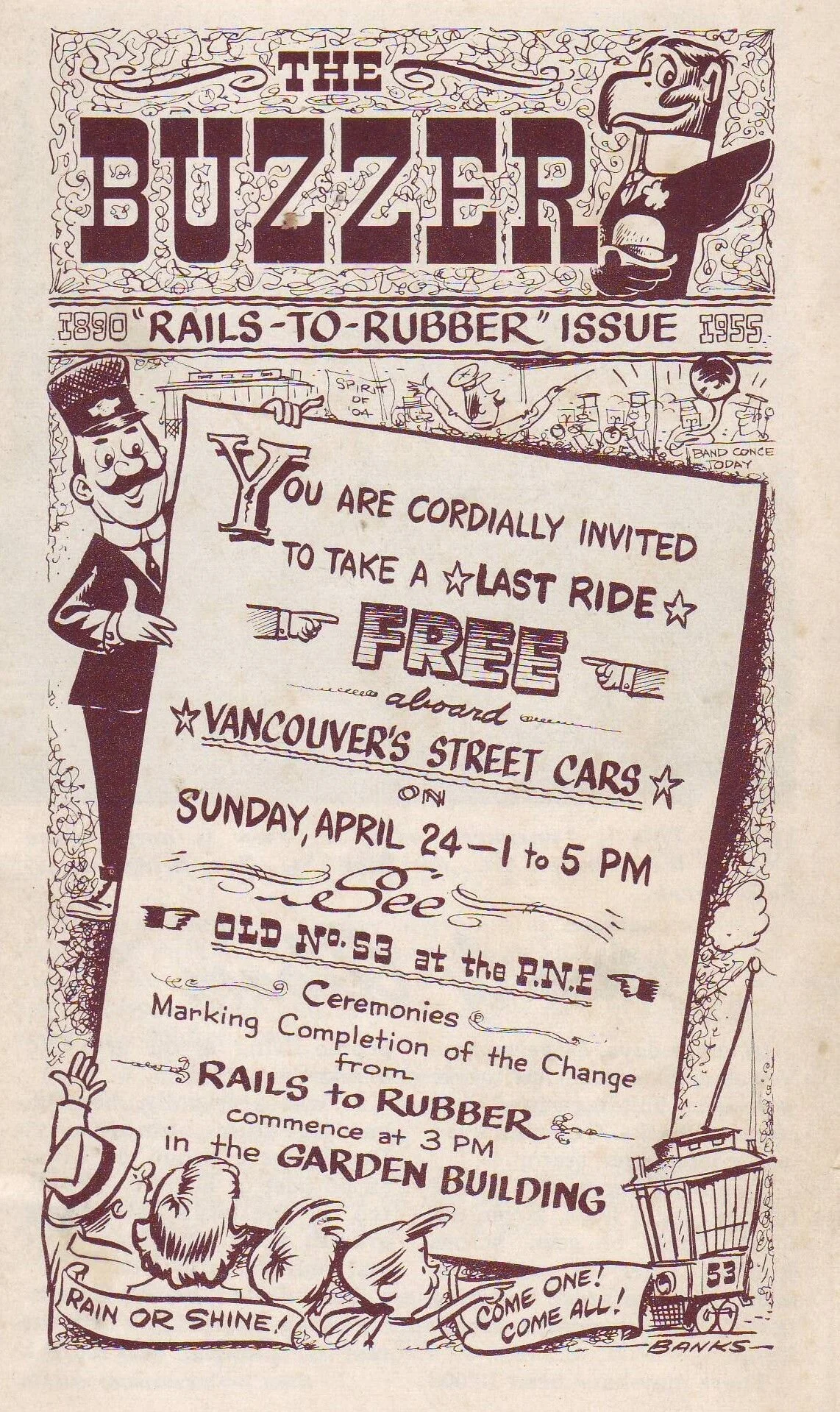“Reporter packed a heater on the police beat,” is the sensational headline of one newspaper article about the legendary British Columbia journalist B.A. ‘Pinky’ McKelvie.
Other than the gang shootings in recent years, which seem to have died down now, it’s almost beyond our comprehension in this day and age that a newspaper reporter who covered the crime beat in Vancouver a century ago would pack iron.
The big news of the day, of course, was the provincial election.
Incumbent Kenneth Duncan, running as an Independent, had shaved Conservative opponent George Cheeke by 113 votes but, at the time of The Leader going to press, the full provincial results weren’t known.
All of which made the two article dealing with Cheeke’s and Duncan’s last appeals to voters after-the-fact.
At the Opera House, O.T. Smythe had enlivened the discourse with his colourful tirade against what he termed Liberal mudslinging. His “Groveling in a mud hole of scurrility and slander” was one of The Leader’s favoured expressions.
We have, over the past several weeks, been reading Charles Herbert Dickie’s memoir, Out of the Past, that related his adventures as a
● Sheriff in Michigan
● Labourer and hobo in California
● Fireman and conductor on the Esquimalt & Nanaimo Railway, Victoria
● Hotelier in ‘Duncans Station’ and successful investor in Cowichan’s Mount Sicker copper mining boom
● Disenchanted Member of the Legislature for a single session
● Disappointed prospector in northwestern British Columbia
● World traveller
● And, finally, for three terms, Member of Parliament.
That’s quite a resume for any one man!
Read MoreWith an approaching provincial election it was all about politics, a century ago. Over half of the front page of The Leader was dedicated to speeches by incumbent Independent candidate Kenneth Duncan and the leader of the opposition, Conservative William Bowser, who was on a barnstorming visit.
Let’s begin with Bowser who’s best remembered for his role as attorney-general during the Great Strike by coal miners, 1912-14. By 1920 he’d succeeded Sir Richard McBride as leader of the party and was in town to support the local candidate, Cobble Hill’s George Cheeke.
We’ve been following Charles Herbert Dickie’s memoir Out of the Past.
Last week we accompanied him on his almost round-the-world voyage as he recharged his mental battery after the stress of seeing the money he’d made from the sale of his shares in the Tyee copper mine on Mount Sicker all but disappear in unsuccessful mining ventures in the Stewart River area of northwestern British Columbia.
Ever the optimist, although he lost his money and changed careers, he never did lose the mining bug.
Another industrial accident, this one on the Canadian National Railways (formerly the Canadian Northern Pacific Railway) bridge over the Cowichan River, was the headline story for this week. Bridgeman Daniel McSherry had died in the Duncan hospital, hours after he was rushed to town by speeder and an ambulance. The single, 49-year-old Ontario man was crushed and “scorched” when the derrick, apparently overloaded, toppled over onto its side, crushing and burning him with its steam boiler.
Read More(Stressed and worn out by his unsuccessful mining explorations in B.C.’s northwest, Charles Dickie embarks upon a long sea voyage to recuperate. Readers, please note: Dickie was a man of his times and not above disparaging other races and ethnicities. I am letting him speak for himself at the risk of offending some Chronicles readers.—TWP.)
Read MoreWhat we know as Remembrance Day began a century ago as Armistice Day.
In November 1920 the City of Duncan and North Cowichan Municipality proclaimed a half-holiday in recognition of the second anniversary of the end of the Great War.
Last week Charles Dickie recounted his hilarious days as the
co-host of the rough and ready Alderlea Hotel, in what was then known as Duncan’s Station.
(Ah, the good old days, when men were men, the booze, sometimes watered, flowed free, the steaks were tough as leather and fist fights and crude practical jokes were the order of the day.)
First up in this issue of The Leader was the Board of Trade whose first order of business at its recent meeting was word from MP J.C. McIntosh that no immediate funds would be forthcoming from Ottawa for repairs to the Cowichan Bay wharf or the Lake Cowichan landing, despite the latter’s having been recommended by the government’s own engineer.
Repairs to the Mill Bay wharf were underway despite the popular belief that nobody used it. Better, sniffed the Board, that the $1500 had been put to the Cowichan Bay wharf which was used regularly for business purposes.
For most readers of the Chronicles this instalment of Charles Dickie’s colourful memoir will be much closer to home. After his all his wanderings and odd jobs in Michigan, California and Victoria, he arrives in the Cowichan Valley.
He becomes partners in managing Duncan’s first hotel, the ‘Miners’ and Loggers’” Alderlea where life was anything but dull. Fortuitously, his arrival coincided with the great copper strike on Mount Sicker, a short-lived boom that made fortunes for a few, set Duncan on the map and transformed Dickie’s career from that of an itinerant labourer to mining entrepreneur and politician...
Read MoreThe big issue of the day, the Temperance (Prohibition) Plebiscite, remained up in the air as the final results wouldn’t be posted until a day after The Leader went to press. Locally, there had been a good turnout with the only reported problem being voters who showed up at the wrong polling stations. Leader readers had to wait for the results; so will Chronicles readers, until next week.
Read MoreAs I noted last week, you’re not likely to find Charles Herbert Dickie’s memoir, Out of the Past, “by an M.P.,” in a used book store—or even online.
Dedicated to the memory of carefree friends, it’s small (128 pages) and just 20,000 words in length.
But make no mistake: It’s a great read and of particular interest to students of Cowichan Valley and British Columbia mining history.
The United Farmers of B.C. are the lead story in this issue of The Leader but we’ll start with Duncan Council with Mayor Pitt and Clerk Greig reporting on the “good roads league of B.C.” and the Union of B.C. Municipalities which they’d attended on behalf of the City. Council then approved a recommendation of the UBCM that one per cent per head of each municipality be donated by each municipality towards a fund to assist Victoria in its appeal to to the province to be able to tax church properties.
Read MoreYou’re not likely to find Charles Herbert Dickie’s memoir, Out of the Past, “by an M.P.,” in a used book store—or even online.
Dedicated to the memory of carefree friends, it measures 3.5 inches by five, and 128 pages, it’s just 20,000 words in length, more comparable to an e-book than to a pocket book, and it’s stapled rather than bound. All in all, it’s pretty small and likely was printed on the cheap.
But make no mistake: It’s a great read and of particular interest to students of Cowichan Valley and British Columbia mining history.
There’s no mistaking the lead story in this issue of The Leader. Two full columns in the middle of the front page (continued on page 10) are headlined IN FAVOUR OF PROHIBITION.
At least it was a change of view, after weeks of articles mostly criticizing B.C.’s experiment with legislated temperance. As the referendum on continuing a revised form of Prohibition or replacing it with government controlled distribution of liquor rapidly approached more and more citizens wanted to have their say at public meetings.
Cowichan’s legendary Tzouhalem is in the news again.
Not the Quamichan war chief himself—he’s been dead for well over a century—but the fact that he's going to be the subject of a movie.
Reporter Robert Barron recently reported in the Cowichan Valley Citizen that documentary filmmaker Harold C. Joe, a member of Cowichan Tribes, and a film crew are making a television documentary that will “examine the near-mythic figure of Chief Tzouhalem through interviews and creative re-enactments".
The operative word here is “creative” as the only existing written records that refer to Tzouhalem are the hand-me-downs of non-Indigenous (i.e. white) contemporaries (some of them in positions of authority and therefore adversarial).
With no fewer than 12 stories featured on the front page of the October 7, 1920 edition of The Leader it’s difficult to know which was meant to be the headline story. As the City and North Cowichan Councils shared equal billing with the Duncan Board of Trade, let’s begin with City Council.
Two years after Armistice, Council expressed amazement upon learning that the War Trophies Commission had allotted the City a single machine gun and a trench mortar.
It wasn’t near good enough!
This special April 1955 issue of The Buzzer, entitled Rails-to-Rubber, “cordially invited” the public to “take a last ride FREE” aboard Vancouver’s street cars which were about to be retired.
This week I share this Buzzer with Chronicles readers who will, I’m sure, find the photos of this now long-gone mode of public transportation as fascinating as I have. Anyone who has ridden a bus lately will realize how far we’ve come in 65 years!
The report of the Cobble Hill Fair shared equal billing with news of the latest developments as the deadline neared for the plebiscite on Prohibition—two columns each.
But first the four smaller items on the September 30th front page.
The provincial government had approved the addition of 20 teachers at the Duncan public school. But the shocking news for the Consolidated Schools board was a government report that, within a year, facilities at the high school would be inadequate.




